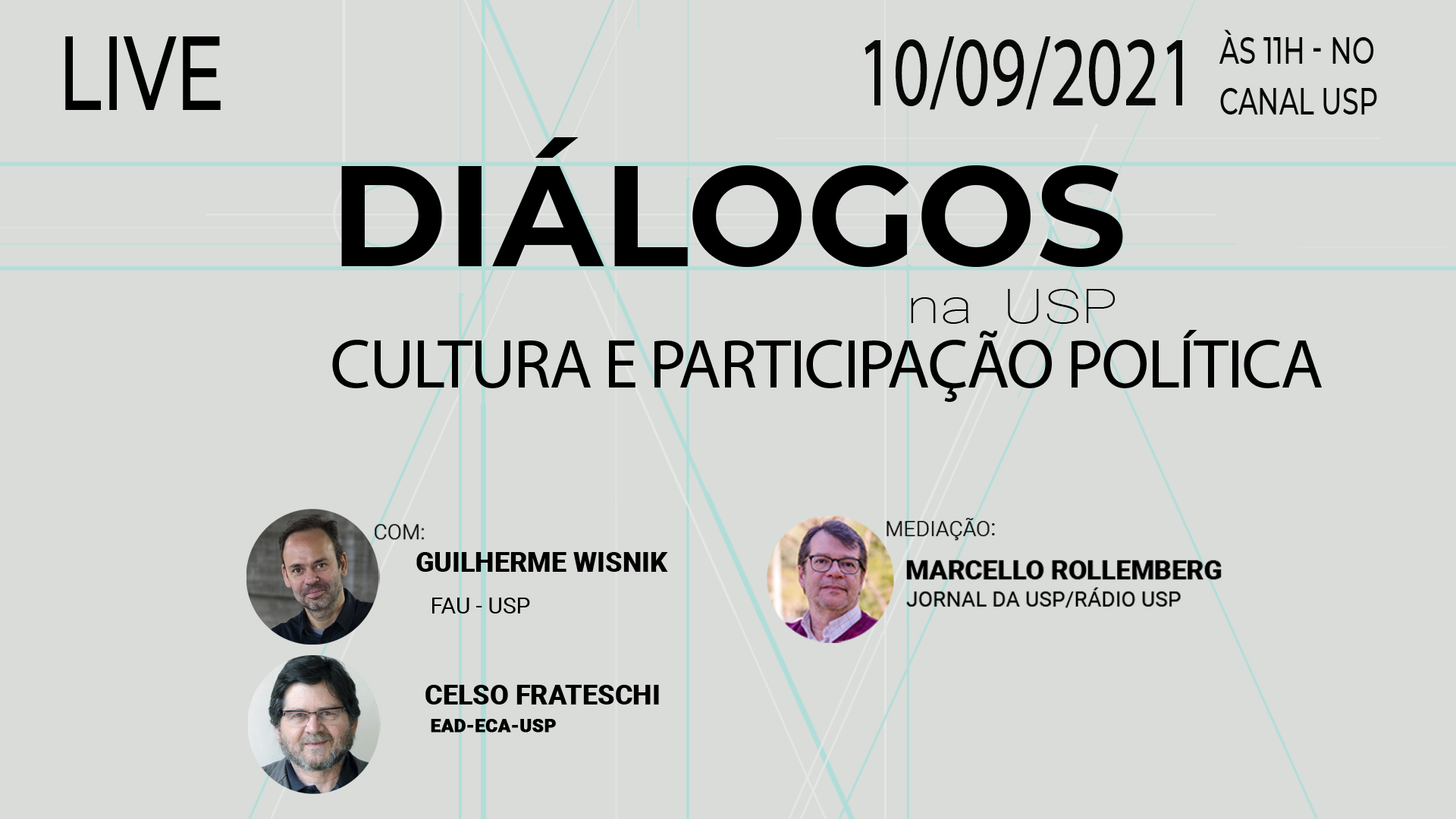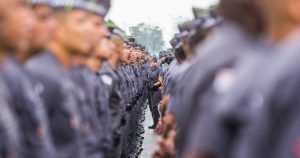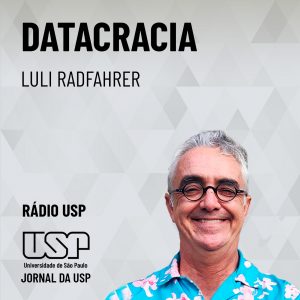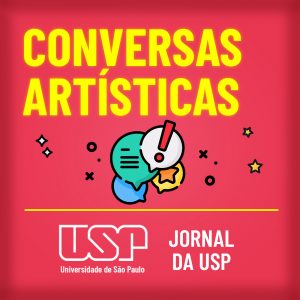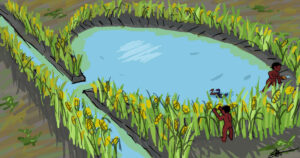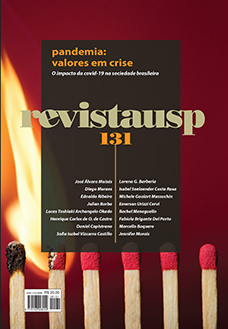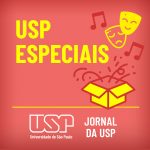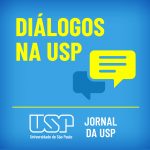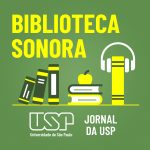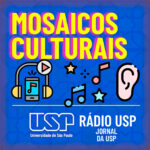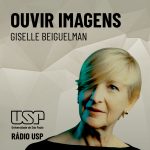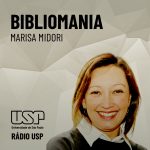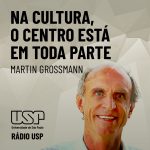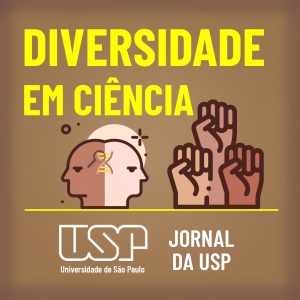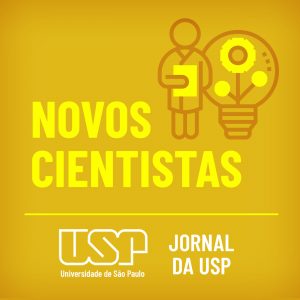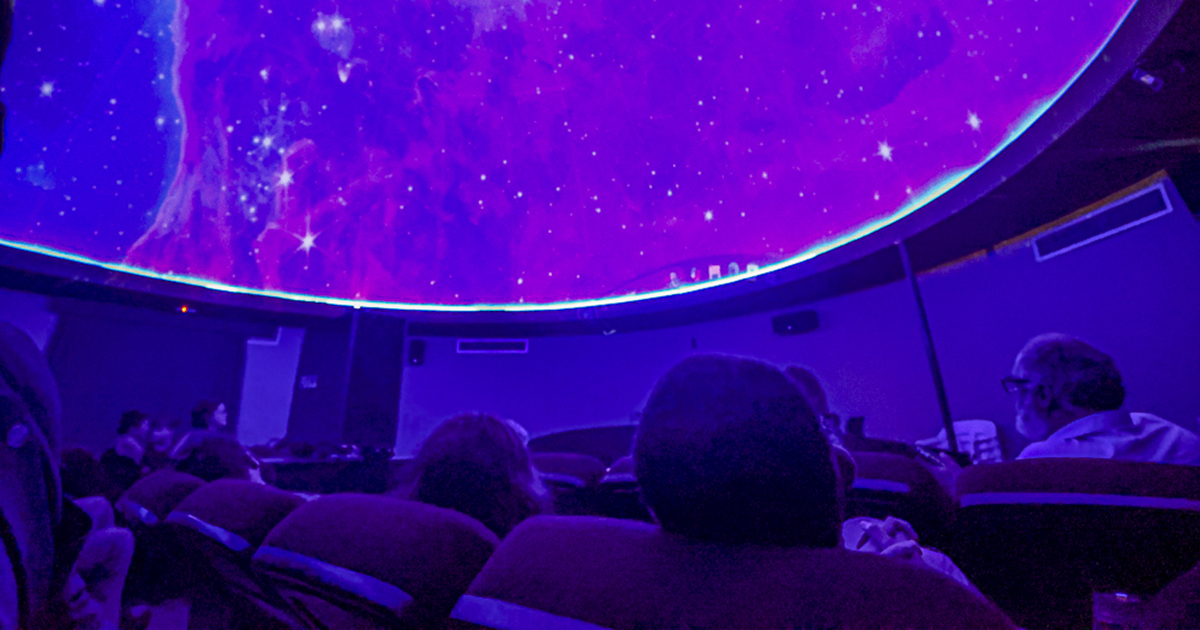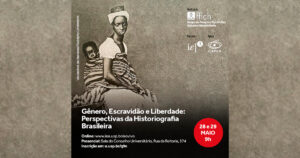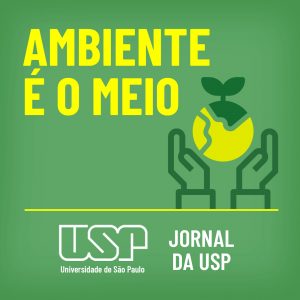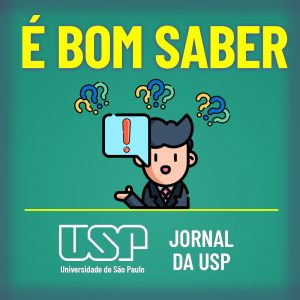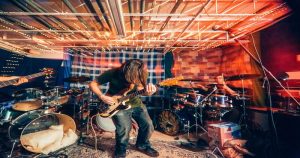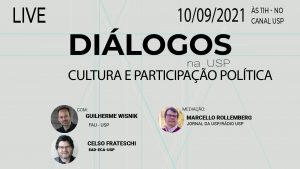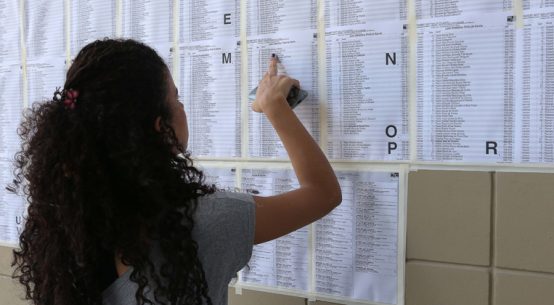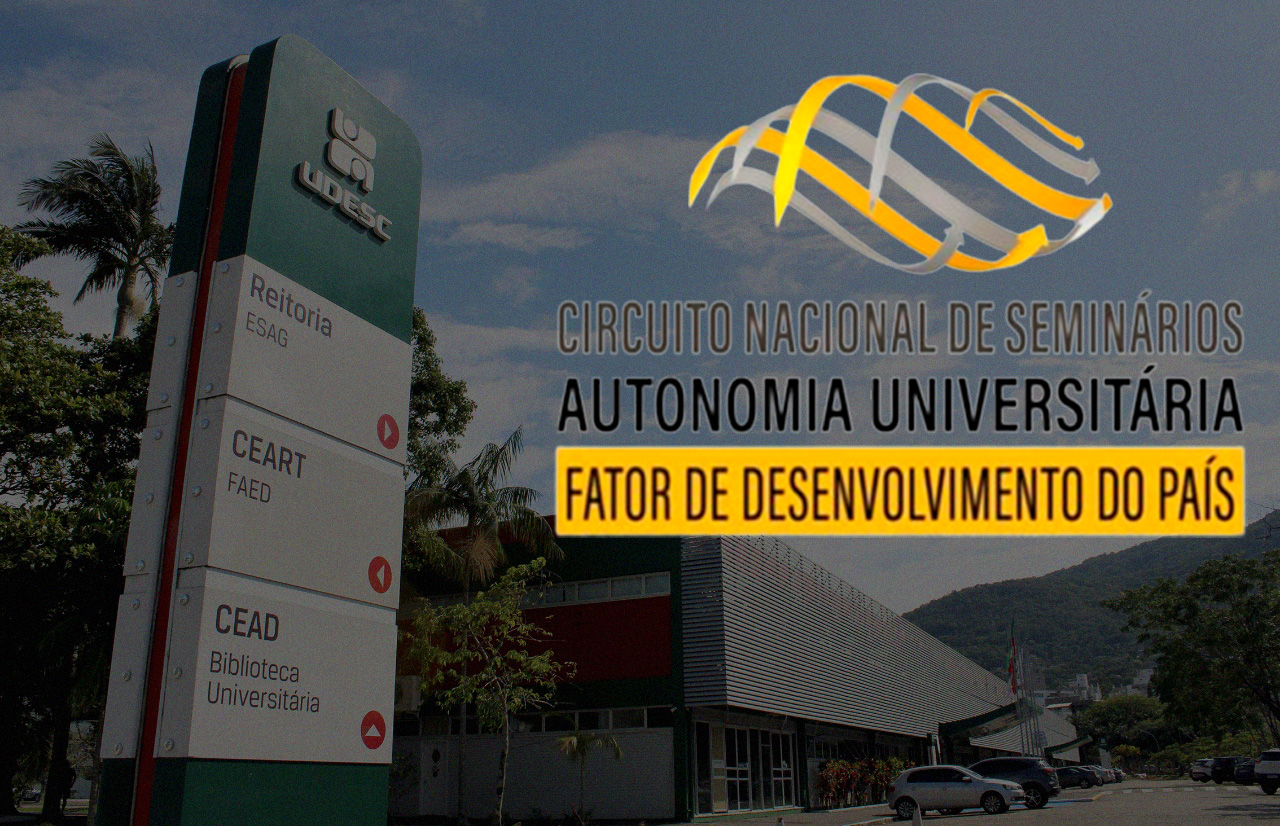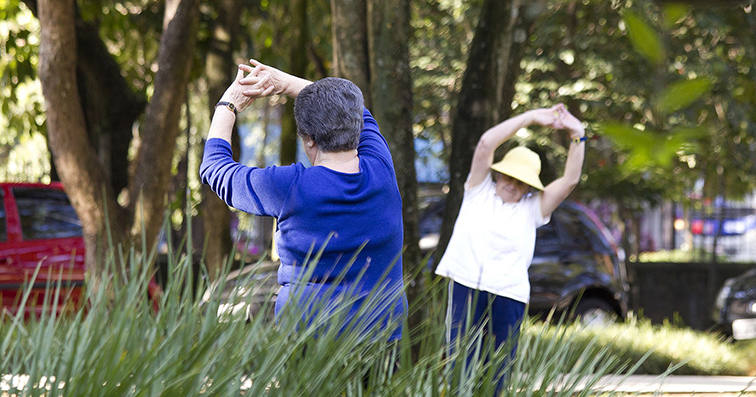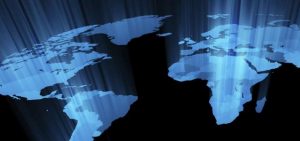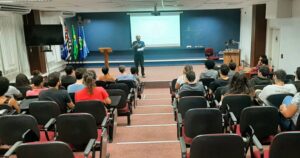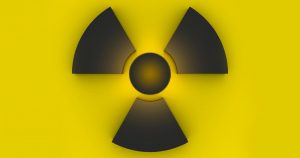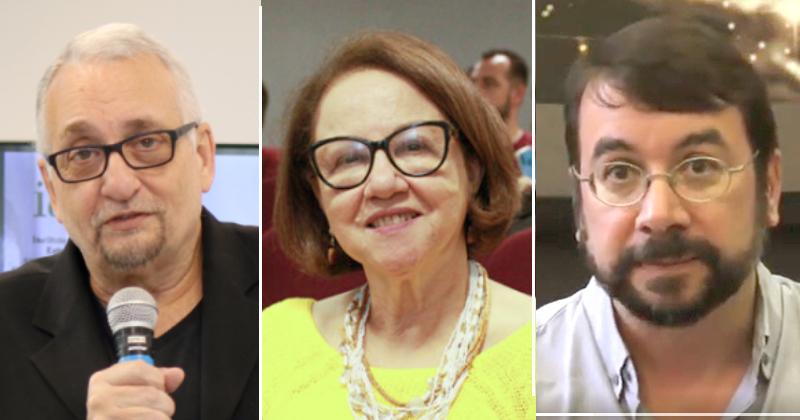
.
 USP professors Paulo Saldiva, from the Department of Pathology at the Faculty of Medical Sciences (FM), Maria Aparecida Soares Ruas, from the Institute of Mathematics and Computational Sciences (ICMC) in São Carlos, and Ricardo Ivan Ferreira da Trindade, from the Institute of Astronomy, Geophysics, and Atmospheric Sciences (IAG), assumed, on January 1, their positions as new members of The World Academy of Sciences (TWAS). They were nominated on November 14 last year by other researchers already associated with the institution, who recognized their contributions to the advancement of science in a developing country.
USP professors Paulo Saldiva, from the Department of Pathology at the Faculty of Medical Sciences (FM), Maria Aparecida Soares Ruas, from the Institute of Mathematics and Computational Sciences (ICMC) in São Carlos, and Ricardo Ivan Ferreira da Trindade, from the Institute of Astronomy, Geophysics, and Atmospheric Sciences (IAG), assumed, on January 1, their positions as new members of The World Academy of Sciences (TWAS). They were nominated on November 14 last year by other researchers already associated with the institution, who recognized their contributions to the advancement of science in a developing country.
Of the 74 researchers now part of the organization, 10 are Brazilian, and Maria Aparecida will be part of the group of 24 women appointed. With the election of the new members, TWAS now has 1,444 members, including 159 Brazilian members. In addition to the USP professors, the elected members include: Célia Regina Carlini (UFRGS); Milena Botelho Pereira Soares (Fiocruz); Maria Valnice Boldrin Zanoni (Unesp); Francisco de Assis Tenório de Carvalho (UFPE); Odir Dellagostin (UFPel); Antonio José Roque da Silva (CNPEM) and Marcelo Knobel (Unicamp). All the Brazilians who took office this year are also full members of the Brazilian Academy of Sciences (ABC).
Recognized career paths
Elected in the Medical and Health Sciences category, Paulo Saldiva has a career dedicated to research and public policies, recognized nationally and internationally for his significant contributions to meteorology and public health, including improvements in weather forecasting and its effects on human health, as well as studies on the relationship between Covid-19, climate, and pollution. His work with international organizations such as the World Meteorological Organization and the World Health Organization highlights his crucial role in global science.
Chosen for the area of Mathematical Sciences, Maria Aparecida Soares Ruas is a reference in the field of Singularity Theory. A professor at ICMC since 1981, she has published more than 80 scientific articles in international journals, contributed to the production of five books, and has experience mentoring students at various academic levels. “I confess that being nominated and elected to TWAS, which includes scientists from more than 100 countries, was a big surprise. It is a great honor to be part of such a select group of Brazilian women in TWAS. It’s a distinction that makes me very happy and fulfilled,” says the 76-year-old mathematician.
Maria Aparecida hopes her new role will inspire more girls to venture into the field of mathematics. “Gender inequality in Brazilian mathematics has been a neglected issue for years. But, in recent decades, we have seen various initiatives aimed at attracting more women to the field. In this context, the journeys of successful female researchers can indeed inspire young people and bring more women into the area”.
Ricardo Ivan Ferreira da Trindade, elected in the field of Earth, Climate, and Environmental Sciences, conducts research in rock magnetism, magnetic anisotropy, paleomagnetism, and archaeomagnetism, aiming to understand critical periods in Earth’s history, such as the Precambrian-Cambrian transition and environmental crises of the Phanerozoic. His studies have contributed to the understanding of tectonics and extreme climatic events in Earth’s history, particularly in South America, Africa, and Asia.
Excellence in scientific research
The World Academy of Sciences was founded in 1983 by a group of scientists from developing countries, led by Abdus Salam, a Pakistani physicist and Nobel Prize winner in 1979. The scientists shared the belief that developing nations, by building strength in science and engineering, could develop the knowledge and ability to tackle challenges such as hunger, disease, and poverty.
The largest induction of new scientists in TWAS’ history aims to promote excellence in scientific and technological research, especially in developing countries, strengthening the global impact of the sciences, and marking a new chapter of cooperation and scientific progress.
Check out all the TWAS elected representatives on their website at this link..
With information from Matheus Martins Fontes, from the Communications Office of ICMC, and the Communications and Press Office of FMUSP
English version: Nexus Traduções
